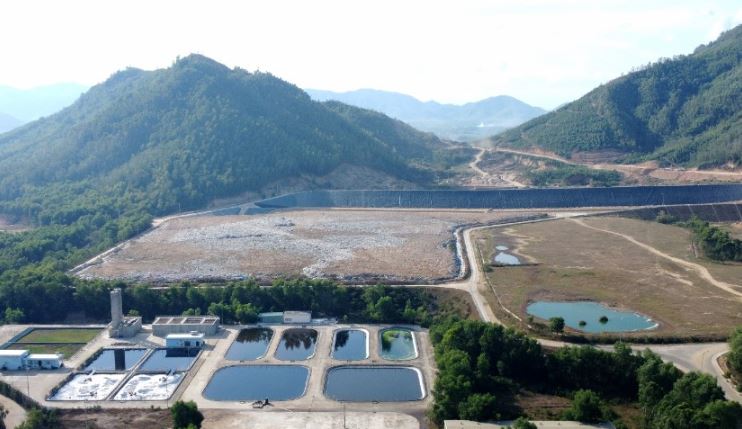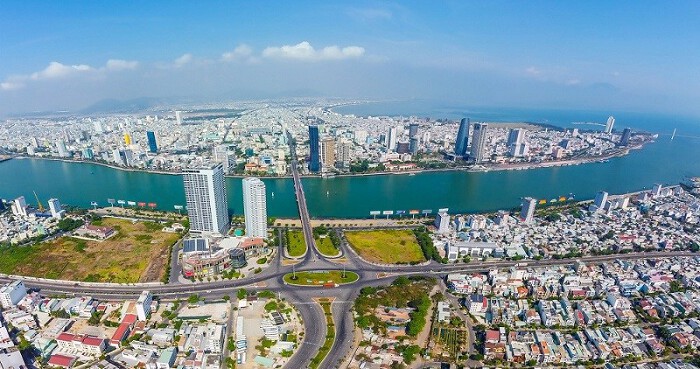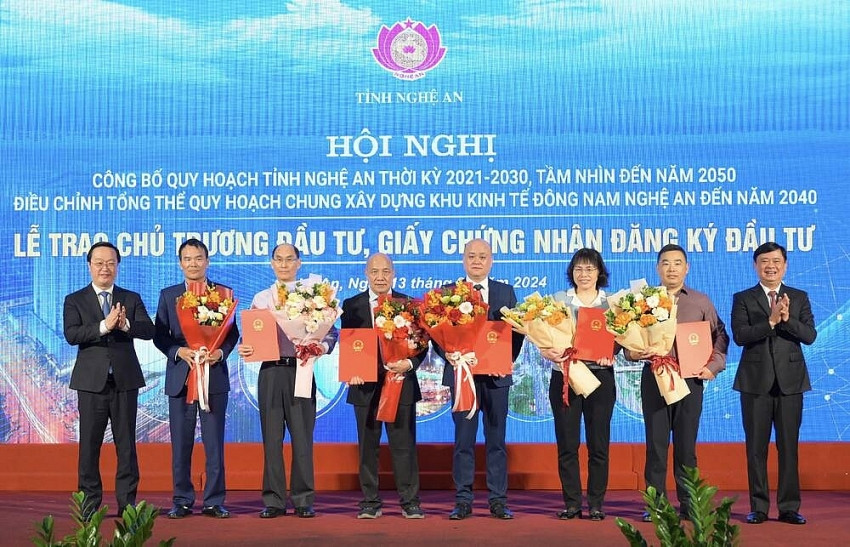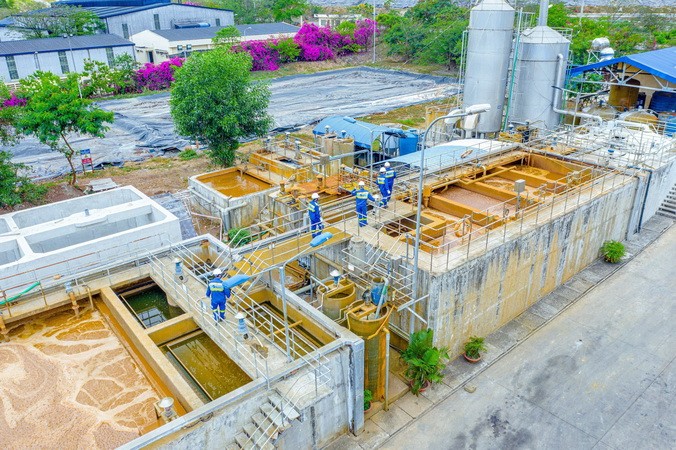Waste map to help Vietnam turn waste into resources
A webinar on measures to optimise the exploitation of solid waste potential in Vietnam in order to turn waste into resources, was held by the Vietnam Initiative for Energy Transition (VIETSE) on July 19, bringing together experts, and representatives from environment organisations and development partners.

According to Tran Hoang Anh, an energy analyst at the VIETSE, his agency is conducting researches on solutions to optimise the country’s solid waste potential and one of the important tools being developed by this centre is the daily solid waste map at urban and industrial scale.
This map is developed based on survey data on the amount of daily solid waste released per capita in provinces and cities, and the commune-level population survey data. The analysis results are visualised on the geographic information system (GIS).
The map’s information system displays data on solid waste management in medical, construction and industrial sectors; management of waste treatment facilities; collection and treatment activities of garbage and domestic solid waste.
In addition to high security, this system also easily shares data with users on Google’s cloud computing platform, easily updates data remotely, provides the possibility for many users at the same time to co-edit, providing data analysis and synthesis tools in accordance with different topics.
The map is expected to help identify the future potential of this field in the energy transition process towards reducing environmental pollution and protecting the climate, Anh said.
It will also support the decision-making process of investment in solid waste treatment projects, as well as develop effective waste management and treatment policies, contributing to the energy and environmental protection sectors’ development, he added.
Sharing international experience, Hans Breukelman, Director of BreAd company – a member of the International Solid Waste Association (ISWA) of the Netherlands, underlined the importance for cooperation among parties, including governments, businesses, communities and people, for waste treatment, saying that public-private cooperation will play an essential role in this scheme.
Participants discussed waste treatment experience and technologies, and the ability to apply those in Vietnam in the most effective way in order to turn waste into a resource, contributing to helping the country develop a circular economy, reduce environmental pollution towards releasing the goal of net-zero-emission by 2050.
According to the Ministry of Natural Resources and Environment, the volume of collected solid waste doubled between 2015 and 2019, from 32,400 tonnes per day to 65,000 tonnes per day, in which 35.600 tonnes per day (over 50%) came from urban areas although the rural population is twice as high as urban areas.
In 2019, only 85% of the collected solid waste was treated in the way meeting the national technical standards, up 10% compared to the figure in 2015. The Government aims to increase the ratio to 90% for urban waste and 85% for rural waste by 2025, and reach 100% by 2050./.
According to VietnamPlus





